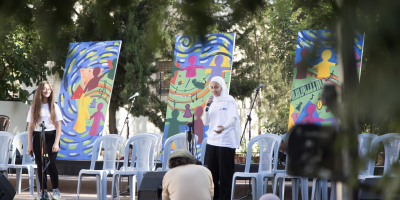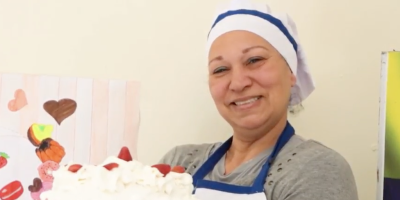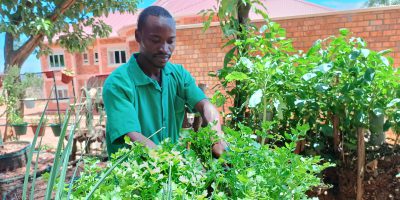Livelihoods
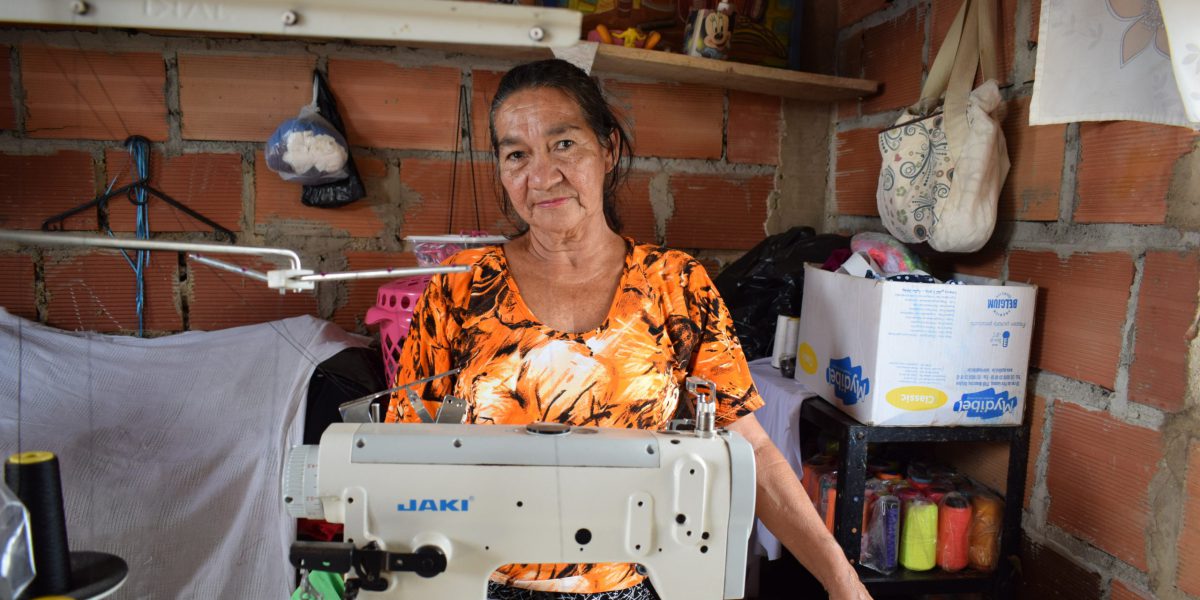
Improving livelihood opportunities is more than economic self-sufficiency. It is also about restoring dignity, confidence, and hope while promoting integration into the local community and strengthening social cohesion.
JRS recognizes the resilience and resourcefulness of refugees who want to be independent and self-reliant. We advocate for refugees’ right to work, facilitate access to employment markets and informal market economies, and assist in establishing agricultural projects.
JRS works in three main areas when supporting livelihoods. To support the skills required to maintain one’s livelihood, JRS provides language courses, CV development, and vocational training in various fields. JRS also helps refugees develop assets by distributing seeds and tools for agriculture, and helping them to get grants, loans, and other resources. One of the most essential services that JRS provides, is helping refugees rebuild networks, thereby facilitating their access to markets, economic and social capital. JRS does this through varied strategies: supporting social centers such as orphanages and schools, providing access to land, and facilitating connections to private companies.
Program Stories
Change Makers in Cameroon: A motorcycle mechanic and a seamstress open their doors to refugees
06 June 2024
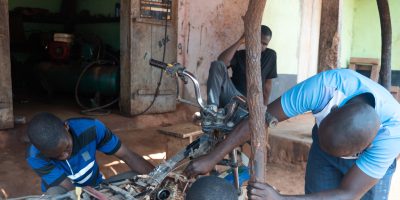
International Women’s Day Event: Accelerating Gender Equality through Empowering Women and Girls
12 March 2024
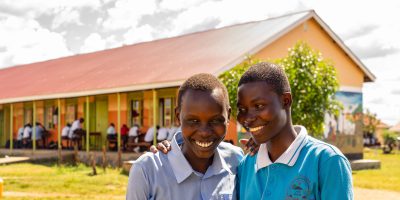
Meet Three Artists Giving Back to Their Refugee Community
05 December 2023
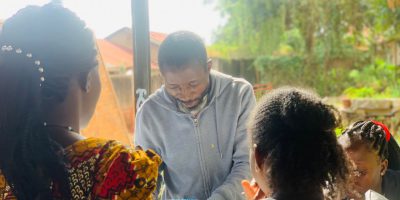
Vocational Training: A Source of Hope for Internally Displaced Persons (IDPs) in Central African Republic (CAR)
30 November 2023
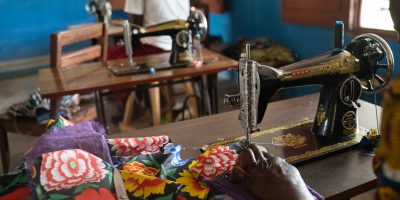
Threads of Memory: Refugee Communities in Amman Photo Essay
17 November 2023
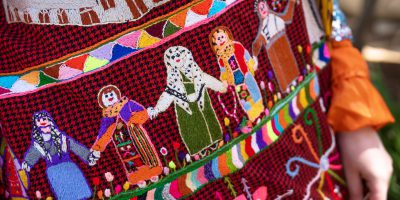
The Healing Power of Art
13 September 2023

Growing, healing and inspiring others through rap
23 August 2023
